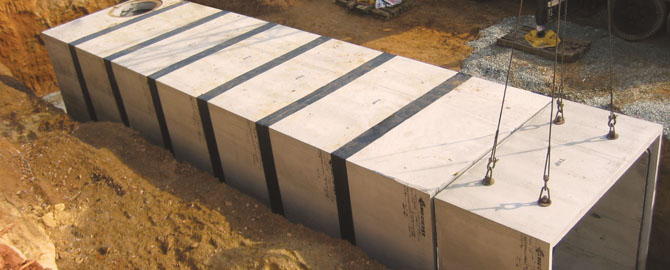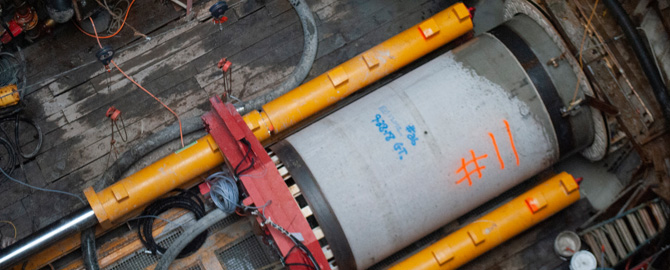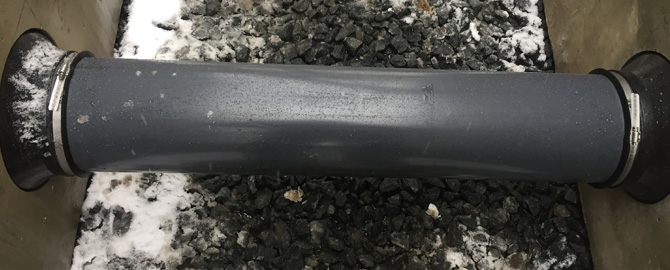Nitrile (Buna-N) and Chloroprene (neoprene) are the materials of choice when looking for oil-resistant pipe gaskets. However, the additional physical properties that these rubber compounds require to achieve oil-resistance have a major impact on compounding, processing and shelf life – which in turn has a major impact on availability, cost and installation.
Pipe Gaskets and Manhole Connectors
Neoprene/nitrile rubber compounds provide the best possible resistance to oils, greases and waxes in a variety of applications. They also help prevent material breakdown from oxidation and sunlight (ozone), weathering and of course they are resistant to water immersion.
Used typically as an outdoor application and known for its high resistance to chemicals, we find that the majority of our 4G Nitrile gaskets or manhole connectors are used for oil resistance.
You can find these compounds being manufactured for:
- Service stations
- Petroleum storage terminals
- Refineries
- Truck stops
- Car/truck washes
- And much more
Selecting Pipe Gasket Compound
There are several different types of rubber compounds used for concrete pipe gaskets and selection of the proper compound depends on the specific application. Standard rubber compound materials for gasket extrusion are:
- Polyisoprene (IR)- Properties are similar to those of natural rubber. Low cost; 1.0-3.5 ksi tensile strength; 300-750% elongation (-)60-180ºF temperature range; excellent compression set and rebound rating; excellent cracking, tear, abrasion, water, acid and impact resistance
- Neoprene (chloroprene) (CR)- Very good ozone, cracking and sunlight resistance; 0.5-2.5 ksi tensile strength; 100-800% elongation (-)80-300ºF temperature range; excellent flame, abrasion, impact, oxidation and acid resistance; good water, petroleum and hydrocarbon oil resistance
- Nitrile (NBR)- Excellent water, tear, abrasion, hydrocarbon oil and petroleum resistance; 1.0-2.5 ksi tensile
strength; 400-650% elongation; (-)40-300ºF temperature range; excellent compression set




